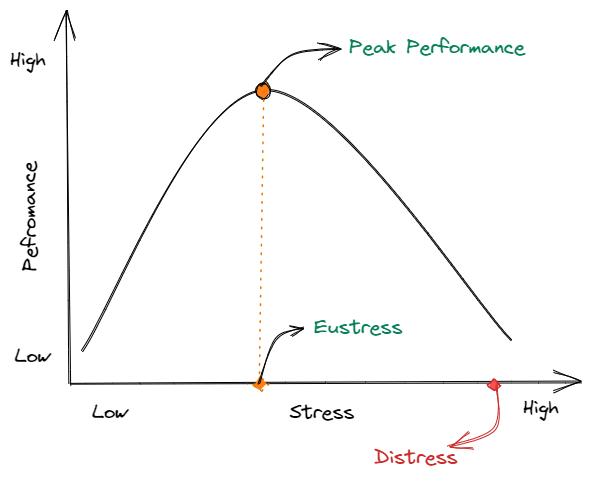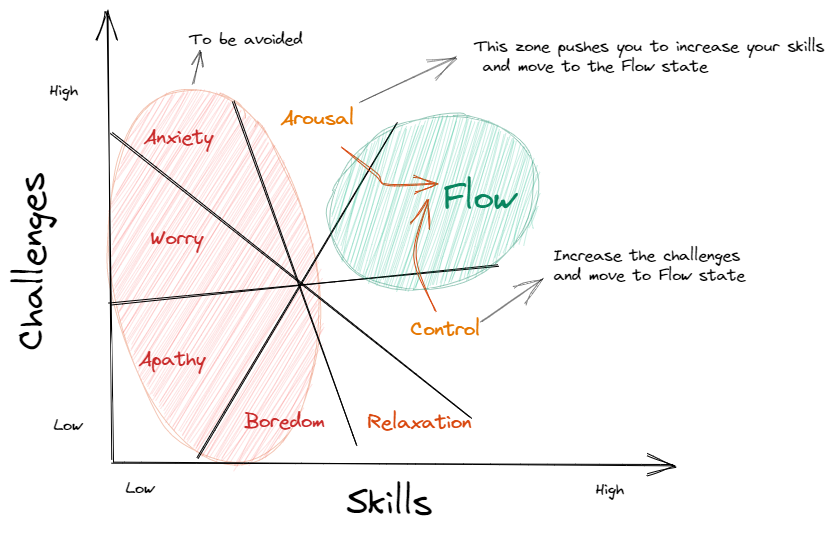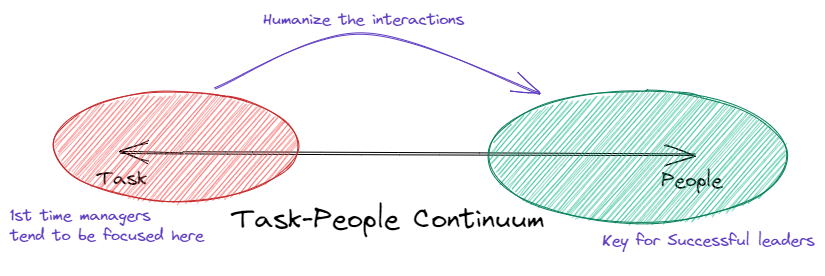#6. The Mental Models - Part 2
Maps to Life's Territory!
Hope you liked the Part 1 of the Mental Model Series where we covered 3 models. Lets get going with Part 2/n - the next set of 3 models I find useful and want to adopt in my daily life.
Eustress
Accounts from the past till the latest research today, emphasize on the importance of right amount of stress that leads to peak performance for an individual or a team.
Mahabharata (around 1000BC) talks about warriors being taunted by their charioteer to rouse them which lead to better performance in battle.
Medical research has discovered that for longevity and vitality - it is important that body is put under optimal stress - intermittent fasting, high intensity exercise, exposing body to uncomfortable temperatures kick-off the survival circuits in us.
This optimal amount of stress called the ‘Eustress’ (coined by endocrinologist Hans Selye) leads to peak performance levels.
We as leaders need to be aware of the what side of the curve our teams are and accordingly tune the stress knobs in the system.
The Flow
All of us have been involved in the activities - that are so engrossing that we lose the track of time and the work gives huge satisfaction and sense of accomplishment. Such an activity we do just for the sake of it and not for any reward. The activity that continuously pushes you to move at a higher level of performance. That state is what the US psychologist - Mihaly Csikszentmihalyi calls the ‘Flow’ zone - having the right balance of Challenges and Skills that compliment each other.
This zone is not a constant but dynamic - and one would self moving from one zone to the other - virtuous ones being Arousal-Flow-Control movements. Question to ask self what part of your daily activities are or can be moved into that flow zone by tweaking the two dimensions of perceived Challenge and Skill.
Task vs People
I would recommend this model to be the first one to adopt for any person transitioning from an individual contributor to a leadership role.
When I moved from an individual contributor to the team lead role - all my interactions with team members were around the task at hand. I would start to talk on other aspects of an individual’s life but my intention and thoughts back of the mind were always to know about the task the individual was working upon - is it on track, are there any challenges etc. etc. Such orientation does not take you far - especially in the knowledge industry.
More than 10 yrs now into leading teams, what I have come to realize now is that as you move up, humanizing the interactions is the key. Be genuinely interested in people’s aspirations/career, their likings, hobbies, fears, family. And if you do this well work will itself be taken care of.
Reminder, mental models, just by reading about them would not help. Put them into practice and experience for your self.
Do share which mental models work for you.
References:
https://www.ted.com/talks/mihaly_csikszentmihalyi_flow_the_secret_to_happiness




